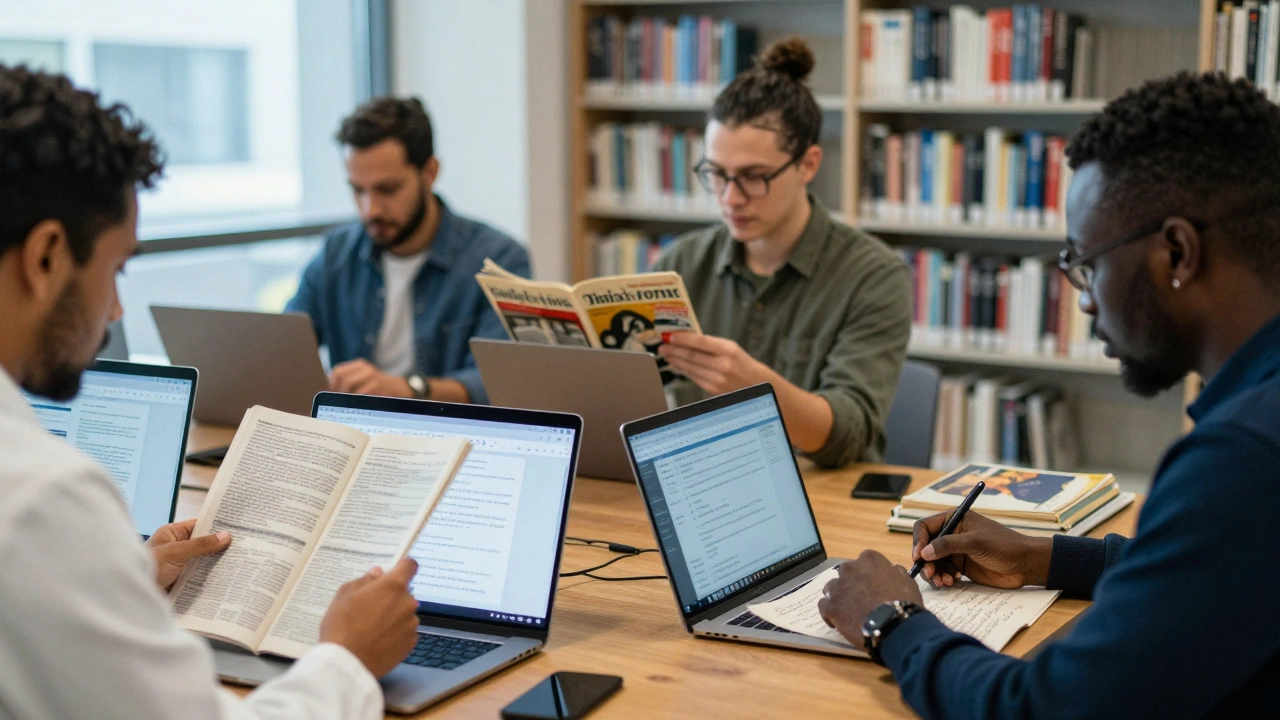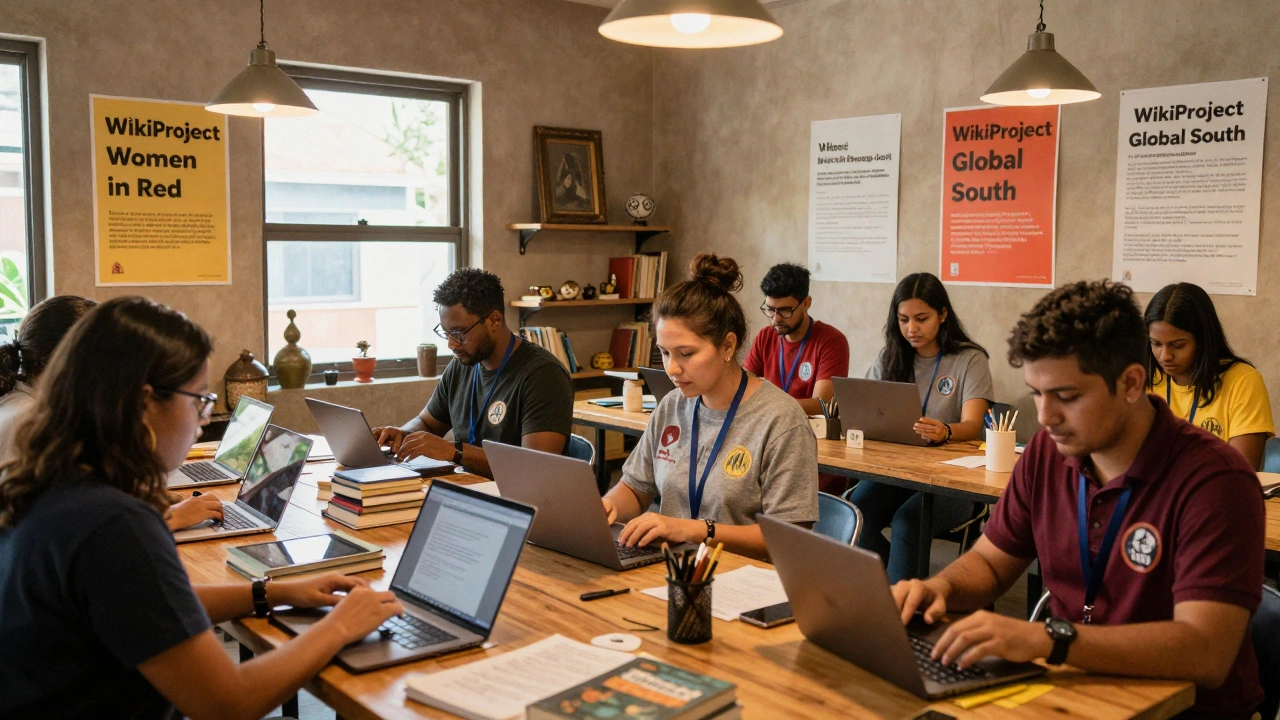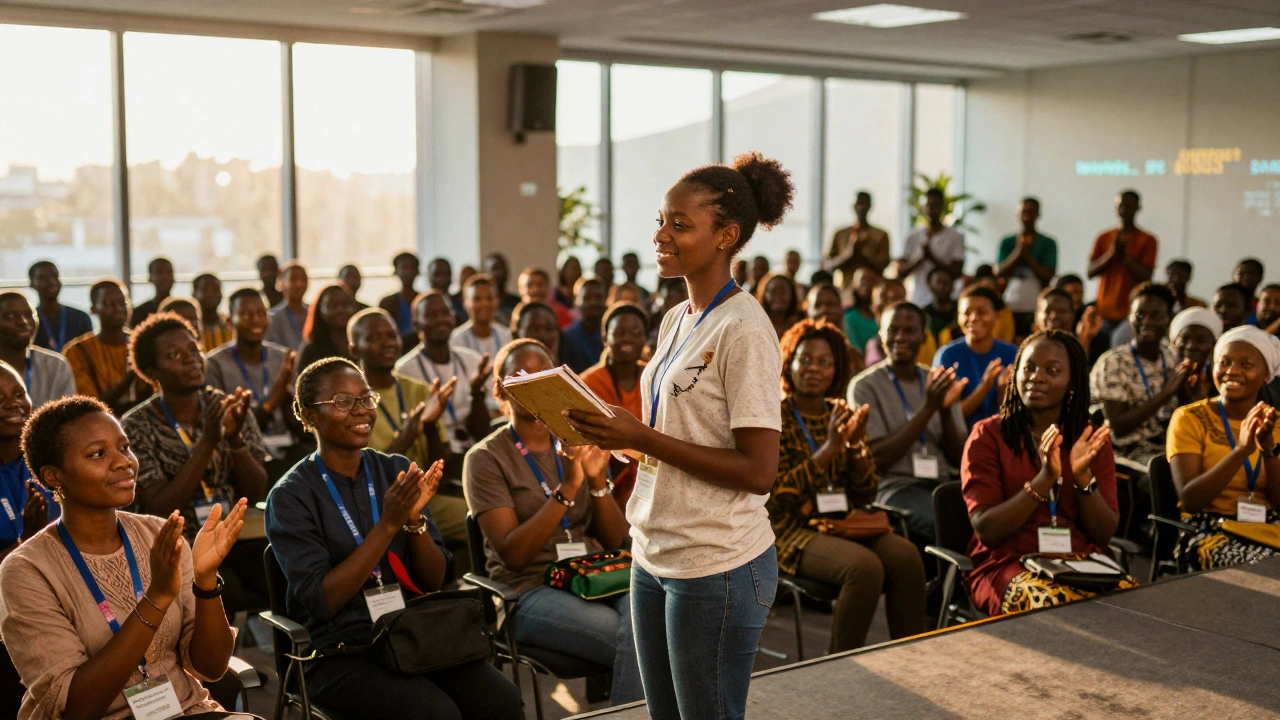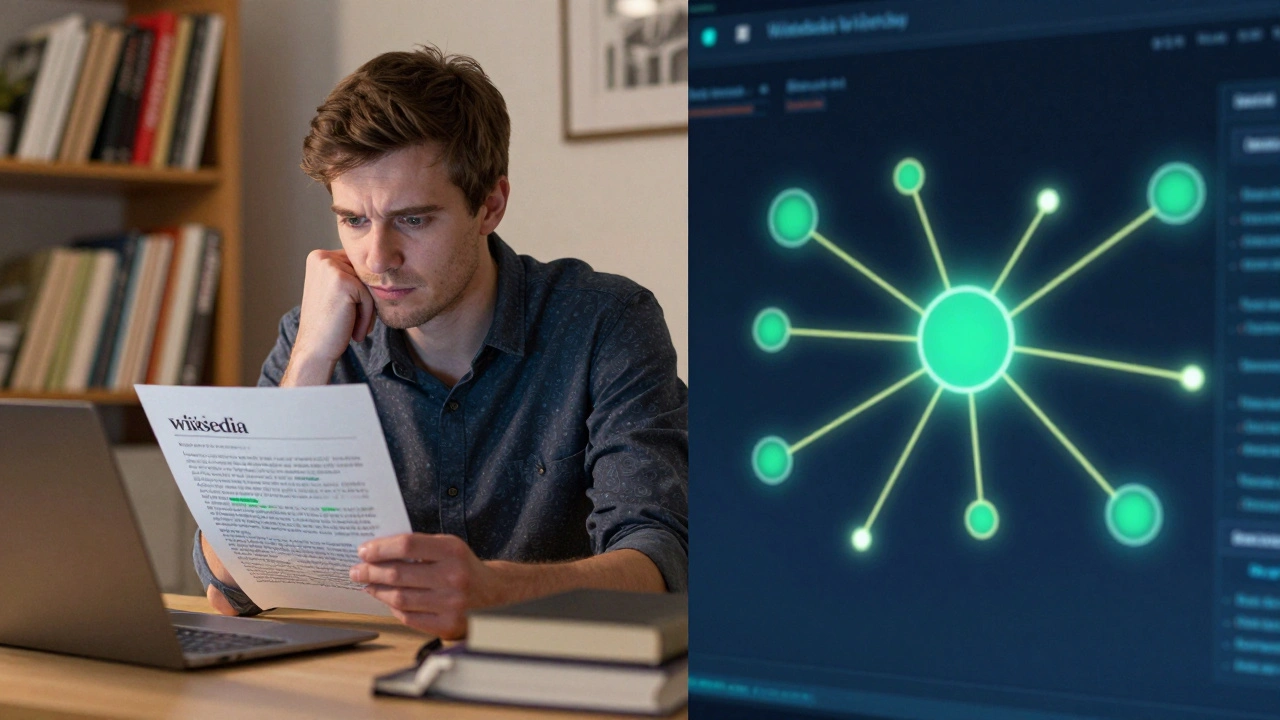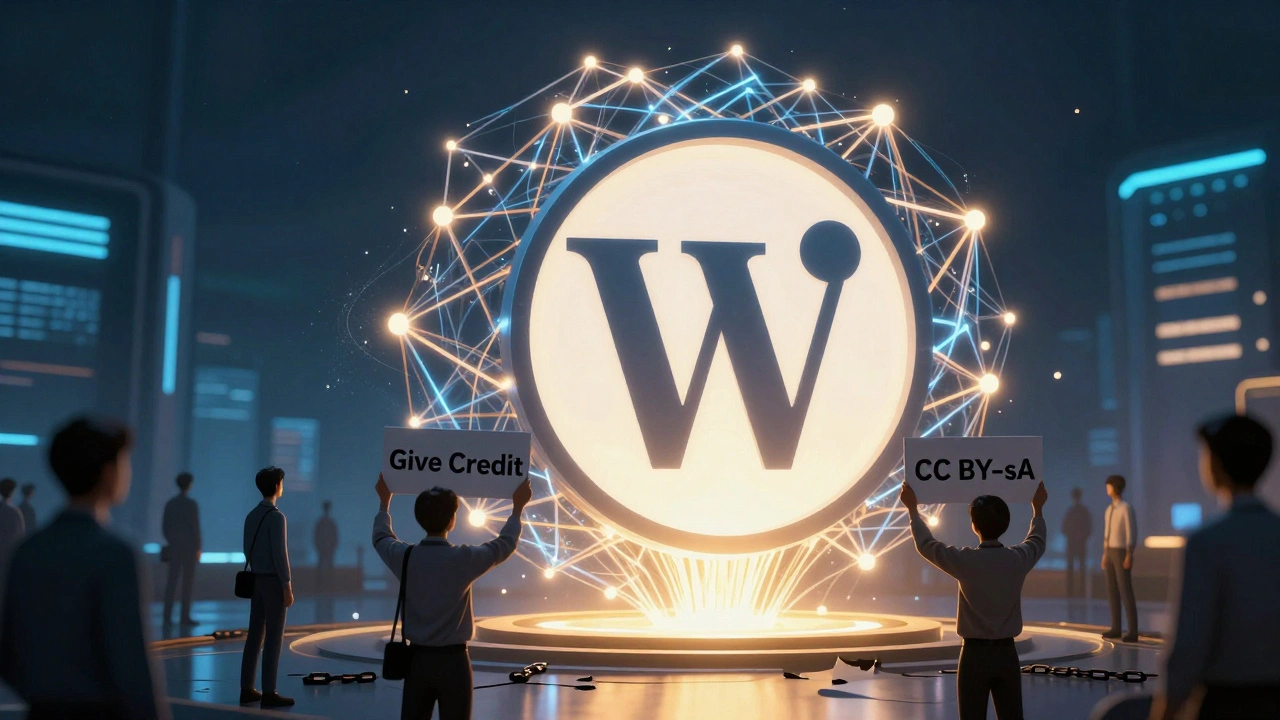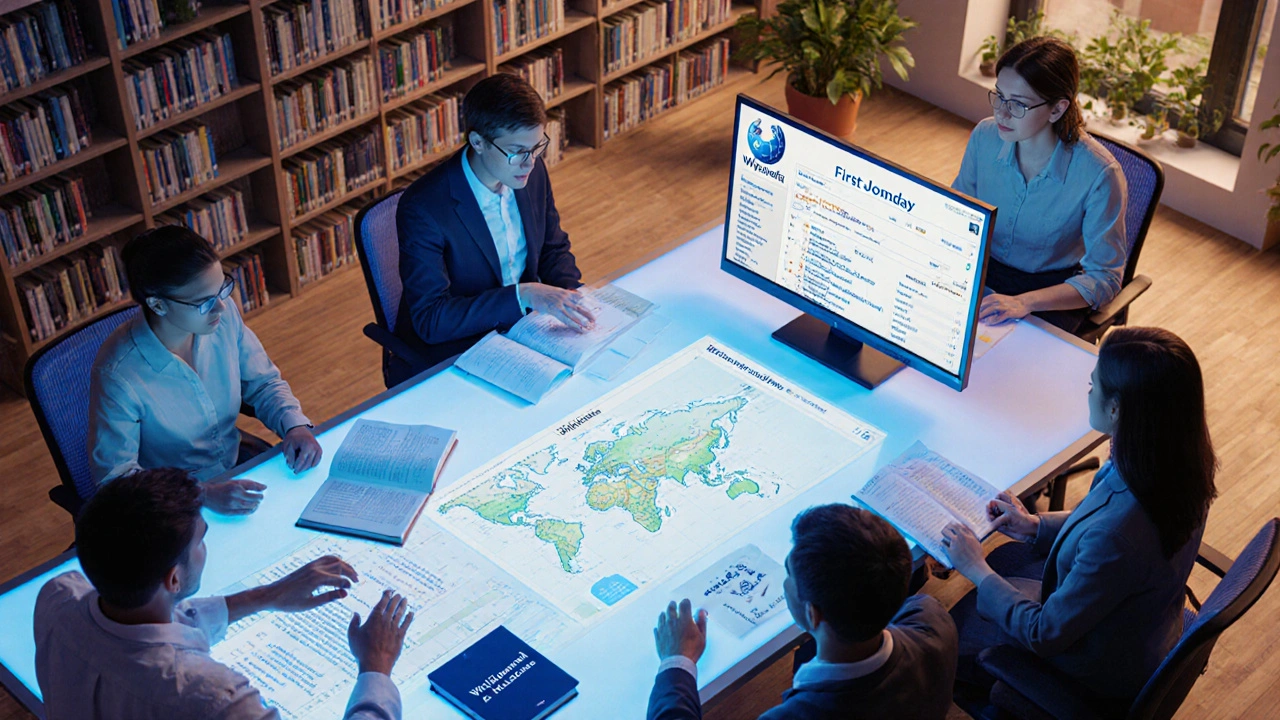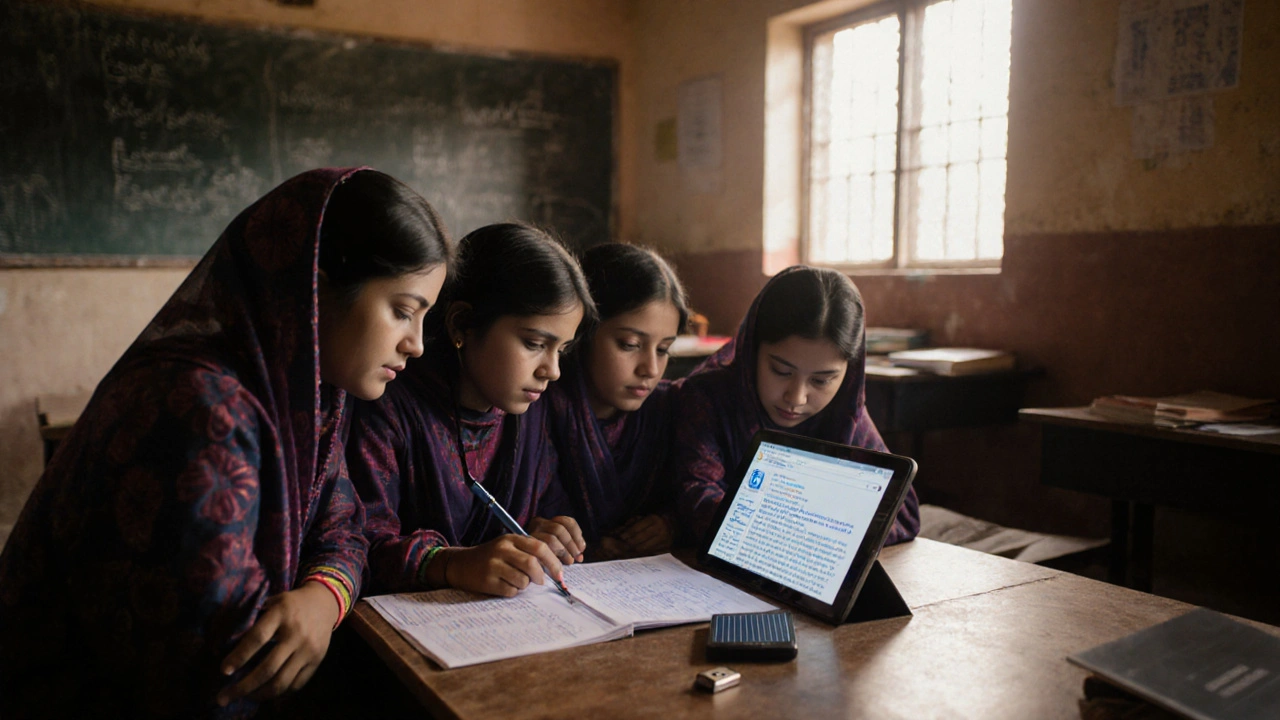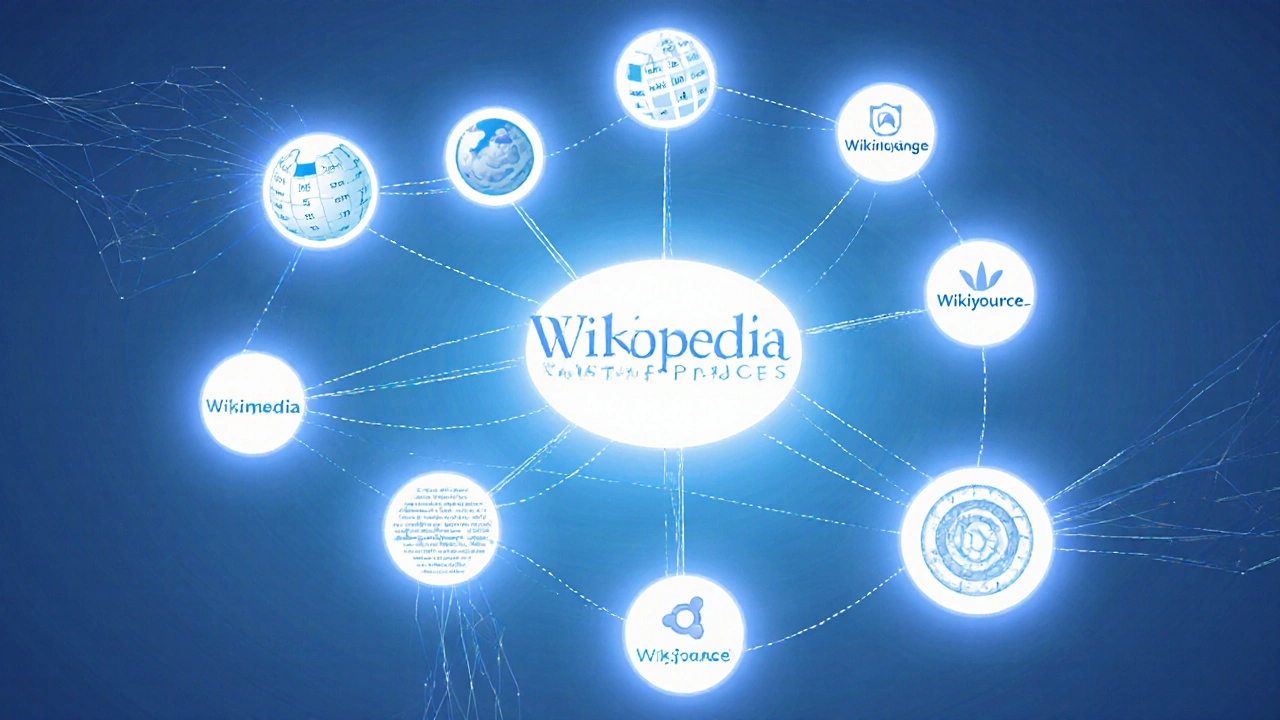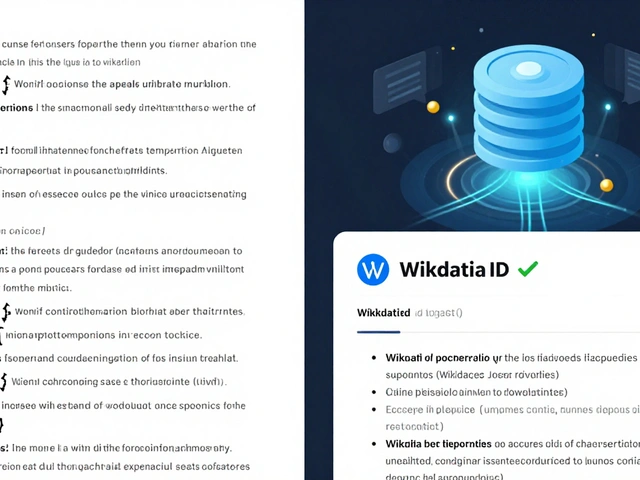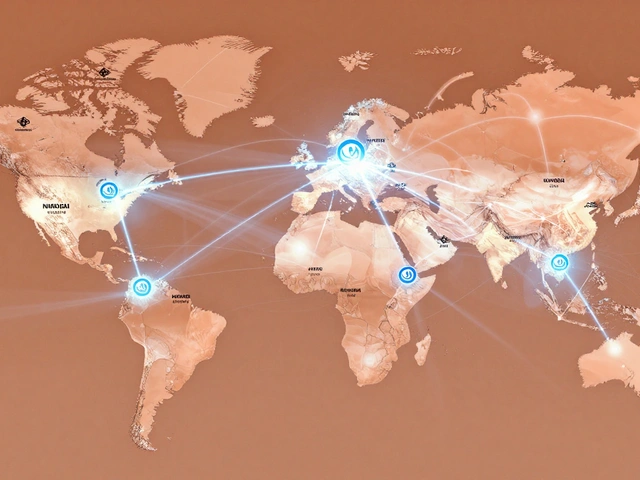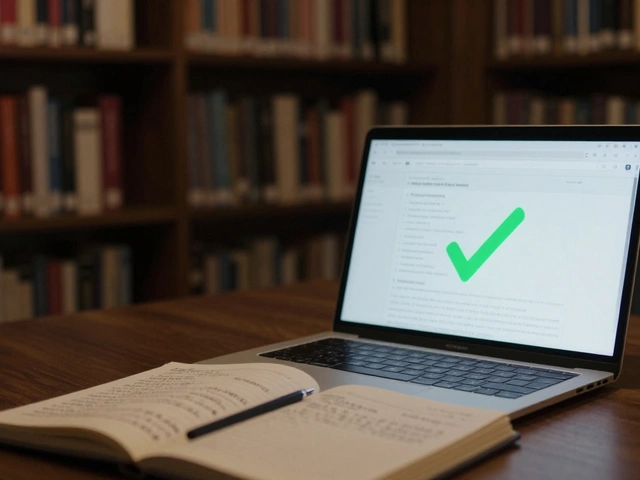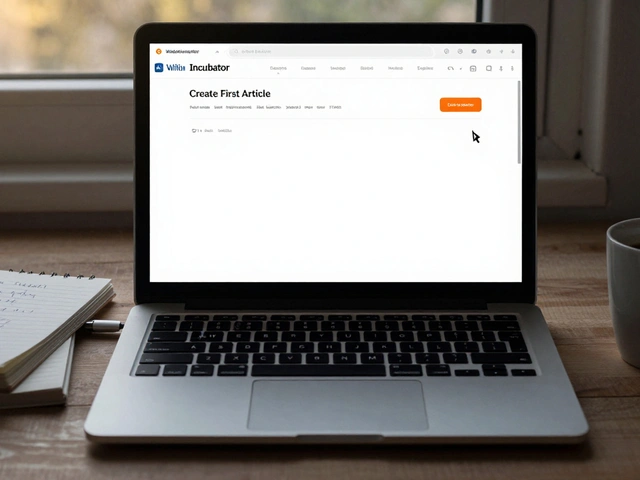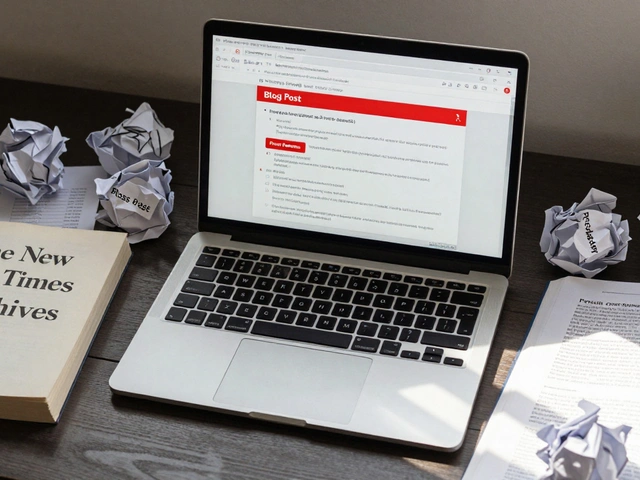Open Knowledge: How Wikipedia and Wikidata Keep Information Free and Accessible
When we talk about open knowledge, information that is freely available to use, modify, and redistribute without legal or technical barriers. Also known as free knowledge, it’s the backbone of Wikipedia and the broader Wikimedia movement. This isn’t just about free access—it’s about control. Who gets to decide what’s true? Who owns the facts? Open knowledge says: everyone. And that’s why Wikipedia doesn’t rely on paywalls, ads, or corporate sponsors. It runs on volunteers, open licenses, and the simple belief that knowledge should belong to the public.
At the heart of this system is the CC BY-SA license, a legal tool that lets anyone reuse Wikipedia content as long as they give credit and share changes under the same terms. This license is what makes it possible for schools, apps, and researchers to use Wikipedia without asking permission. It’s also why AI companies can’t just copy-paste Wikipedia into their tools and call it their own—they have to give back. Then there’s Wikidata, a structured database that connects facts across all language versions of Wikipedia. While Wikipedia writes in paragraphs, Wikidata stores data as simple statements: ‘Eiffel Tower is in Paris,’ ‘Albert Einstein was born in 1879.’ This lets machines understand and reuse knowledge in ways paragraphs never could.
Open knowledge doesn’t mean open chaos. It requires rules. Wikipedia’s policies on reliable sources, due weight, and neutrality exist to stop misinformation from spreading under the guise of freedom. Volunteers constantly check edits, fix bias, and remove copyright violations. The tech team behind it all uses open-source tools to keep the site running—no corporate backing, no ads, just code written by people who believe in the mission. Even when funding is tight or volunteers burn out, the system keeps going because the idea is bigger than any one person.
And it’s working. Surveys show people still trust Wikipedia more than AI-generated encyclopedias—not because it’s perfect, but because you can see how every fact got there. You can click the citation. You can read the discussion. You can fix it yourself. That transparency is rare. Most knowledge today is locked behind algorithms, patents, or corporate secrets. Wikipedia’s version of open knowledge is messy, slow, and human—but it’s the only one that lets you truly own the information you use.
Below, you’ll find real stories from inside this movement: how volunteers fight bias, how licenses protect content, how Wikidata links facts across languages, and why open knowledge still needs your help to survive.
How Wikipedia Contributors Gain and Use Academic Expertise
Wikipedia's accuracy depends on a mix of academic experts and passionate non-academics. Learn how credentials shape editing, where bias creeps in, and why anyone with reliable sources can help build trusted knowledge.
Solutions Journalism on Wikipedia: How Knowledge Equity Initiatives Are Changing Global Information
Solutions journalism on Wikipedia is transforming global knowledge by fixing systemic gaps in representation. Volunteers are creating articles about underrepresented women, Global South leaders, and Indigenous knowledge - turning the encyclopedia into a tool for equity.
Wikimania 2025 Conference Coverage and Highlights
Wikimania 2025 brought together over 2,000 volunteers from 92 countries to shape the future of free knowledge. Highlights include new tools for editor safety, a $12M fund for underrepresented languages, and a firm stance against AI-generated content without human oversight.
How Wikidata Policies Interact with Wikipedia Editorial Standards
Wikidata and Wikipedia share data but follow different rules. Wikidata prioritizes machine-readable consistency; Wikipedia demands human-verified sources. When they clash, editors must navigate conflicting standards to keep information accurate and trustworthy.
How the Wikimedia Foundation Is Tackling AI and Copyright Challenges
The Wikimedia Foundation is fighting to protect Wikipedia's open knowledge from being exploited by AI companies. They're enforcing copyright rules, building detection tools, and pushing for legal change to ensure AI gives credit where it's due.
WikiConference North America 2025 Recap and Key Takeaways
WikiConference North America 2025 brought together volunteers from across the U.S. and Canada to strengthen Wikipedia's future. Key takeaways include rising participation among women over 45, new AI tools for fact-checking, and efforts to make editing more accessible in rural and Indigenous communities.
Peer-Reviewed Journals Specializing in Wikipedia and Open Knowledge
Peer-reviewed journals are now publishing rigorous research on Wikipedia and open knowledge systems, treating them as legitimate subjects of academic study. These journals promote transparency, open access, and community-driven scholarship.
Wikimedia Foundation's AI Literacy and Policy Advocacy
The Wikimedia Foundation is fighting to ensure AI learns from open knowledge responsibly. Their AI literacy programs and policy advocacy aim to protect Wikipedia’s integrity and demand transparency from AI companies using public data.
WMF Annual Plan 2025-2026: Key Priorities for Wikipedia and Its Global Community
The WMF Annual Plan 2025-2026 outlines how Wikipedia will expand access, fight misinformation, and empower underrepresented editors worldwide. It’s not just about tech-it’s about who gets to write history.
The Sister Projects Task Force: Reviewing Wikimedia Projects
The Sister Projects Task Force is reviewing Wikimedia's 11 open knowledge projects beyond Wikipedia - from Wiktionary to Wikivoyage - to ensure they remain viable, updated, and accessible to global users.
